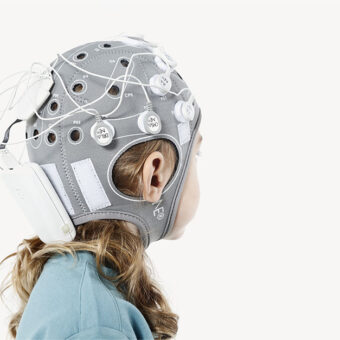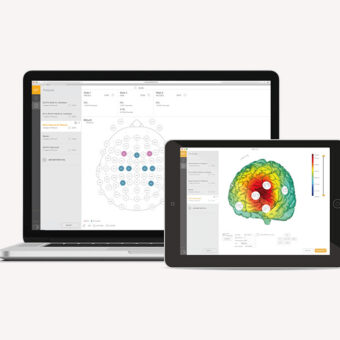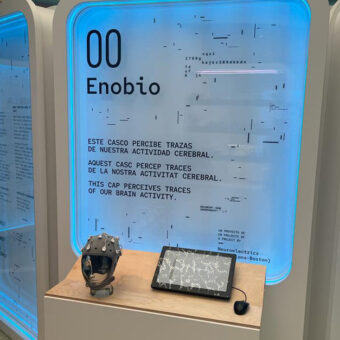With our previous posts, we have been trying to provide our readers with a complete set of knowledge and tools for working with EEG and other physiological signals. We presented the basics of EEG signal processing, the practical usage of EEG signal processing related to emotions or Alzheimer, useful technologies like machine learning, practical guidelines for recording and analyzing EEG data and suggestions on available software packages. The readers could even learn how to develop their own protocol to generate their own data from subjects, applied to any possible desirable scenario.
Therefore, it’s safe to say that we’ve already covered a wide range of questions that the reader could be looking for. However, there is one possible scenario that we haven’t covered: what if I followed all your posts, want to apply the knowledge learned to my particular problem, but I have no available subjects to run my experimental campaign? Well, we didn’t cover it YET, but don’t worry 🙂 Today I intend to shed some light on the missing piece of the puzzle we’re building.

So, let’s assume you read all our posts on EEG analysis and the posts on machine learning and you realised that your problem could be ‘attacked’ through EEG analysis and machine learning. As you already know well, to apply most of the tools brought by machine learning techniques, you’ll need data. And, at this point, you don’t have available EEG recordings related to your problem. The first thing we can say to you is: congratulations. You hit the rock many of us tried to crack before you. What can you do? Although it’s hard, you can try to find some existing available recordings useful for your problem.
In general, EEG recordings databases are scarce. Researchers tend to be very reluctant to freely offer the data that took them so much effort to collect. Moreover, because the scarcity of available data, if your problem is rather specific, you probably won’t find many useful datasets. One common first approximation is consult search engines with keywords such as ‘database‘, ‘eeg‘, ‘name_of_your_interest‘, ‘recordings‘, ‘dataset‘, etc. However, it’s unlikely this will guide you to a valuable finding.
The next step you can try is, rather than searching directly for the data, search through the online publication catalogs and libraries for studies covering your problem and working with EEG. In some cases (I’d say fairly half of the times) the authors will have explained the dataset they used or collected. If you’re lucky, maybe they even published it, or offer to provide it under demand. If that’s not the case, you can always try to contact them and kindly ask if the data would be available. You know, that actually works, sometimes!

In any case, let me provide you with a couple of links to database lists or directly databases where you may actually find some gold:
- Arnaud Delorme published his database with EEG and ERP recordings. He also collected a list of available databases for different applications, like epilepsy, P300, motor imagery, sleep data, alcoholism, bcd, etc. You can find all of it at his webpage
- Alexandra Elbakyan published another list of available datasets for various applications on her blog, like BCI, sleep EEG, epilepsy and others.This is the url of her blog.
- The humaine project collects an interesting list of available databases through its wiki.
There are a couple of particular databases that I’d like to highlight. They are composed of EEG recordings with responses to emotional stimuli:
- The enterface workshops related to multimodal interfaces. The 2006 edition proposed to work on EEG emotion signals, and released the database that can be downloaded at this link.
- The deap dataset is a multimodal dataset for the analysis of human affective states. It can be downloaded from its webpage.
Do you know of or have any other available databases on EEG recordings? Do you want to share them? Please, let us know and we’ll be glad to incorporate yours to this list!




